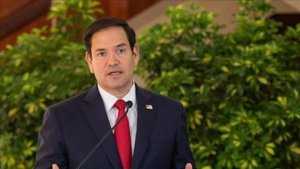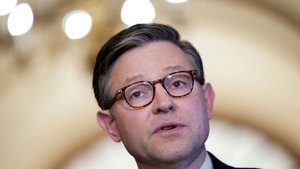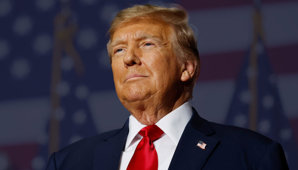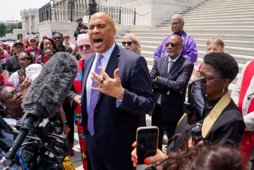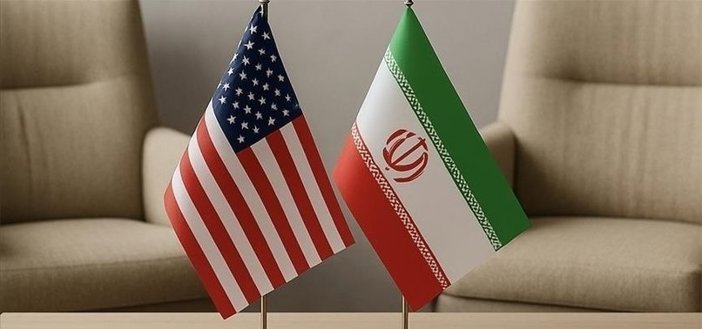
U.S., Iran Dispute Enrichment in Rome Talks
Iran says “zero enrichment = no deal” as U.S. demands clash with Tehran’s red lines during critical nuclear talks in Rome.
Rome Talks Expose Deep Divide on Enrichment
The United States and Iran resumed nuclear negotiations in Rome on Friday, revealing a widening gap over uranium enrichment as both sides publicly reiterated uncompromising stances. The talks, mediated by Oman, come at a pivotal moment as the prospect of a new deal hangs in the balance.
Iranian Supreme Leader Ayatollah Ali Khamenei criticized the U.S. for its reported push to ban uranium enrichment in Iran, suggesting that such demands could doom any agreement. Iranian Foreign Ministry spokesman Esmaeil Baghaei emphasized the stakes, calling this round “especially sensitive.”
Iran’s Foreign Minister Abbas Araqchi temporarily stepped away from negotiations but expressed cautious optimism. “I hope that in the next one or two meetings we can reach solutions that will allow the negotiations to progress,” he told reporters. He noted that Omani proposals could potentially resolve key issues, though specifics remain unclear.
Enrichment Standoff and Strategic Posturing
Posting to X, Araqchi made Tehran’s position unequivocal: “Zero nuclear weapons = we DO have a deal. Zero enrichment = we do NOT have a deal. Time to decide.” Iran has consistently asserted that its nuclear program is peaceful, yet its stockpile of near-weapons-grade uranium and expansion of its missile program continue to raise international alarm.
The U.N.’s International Atomic Energy Agency has voiced concern over Iran's growing capacity to enrich uranium to levels near those required for nuclear weapons. While enrichment for civilian nuclear power is common globally, experts note that nuclear energy comprises less than 1% of Iran’s domestic power usage—fueling suspicions of military intent.
U.S. Secretary of State Marco Rubio acknowledged the complexity of negotiations, stating the administration aims for a deal allowing civil nuclear use without enriched uranium. “This will not be easy,” he admitted, emphasizing non-proliferation priorities.
Behnam Ben Taleblu, senior fellow at the Foundation for Defense of Democracies, called the U.S. position “sober” and “sane.” He noted that Iran’s strategy in 2025 differs from earlier rounds of diplomacy: “It’s trying to blunt maximum pressure, prevent Israeli military action, and avoid European sanctions.”
Taleblu argued the Trump administration holds key leverage and should use it decisively. “Iran has more to lose by pushing away from the table,” he said, urging U.S. negotiators to demand more in light of Tehran’s current vulnerabilities.
As both sides dig in, the role of Omani mediators becomes increasingly critical. Whether their diplomatic efforts can yield a breakthrough remains uncertain. For now, the talks continue under a cloud of mutual distrust and mounting regional pressure.


